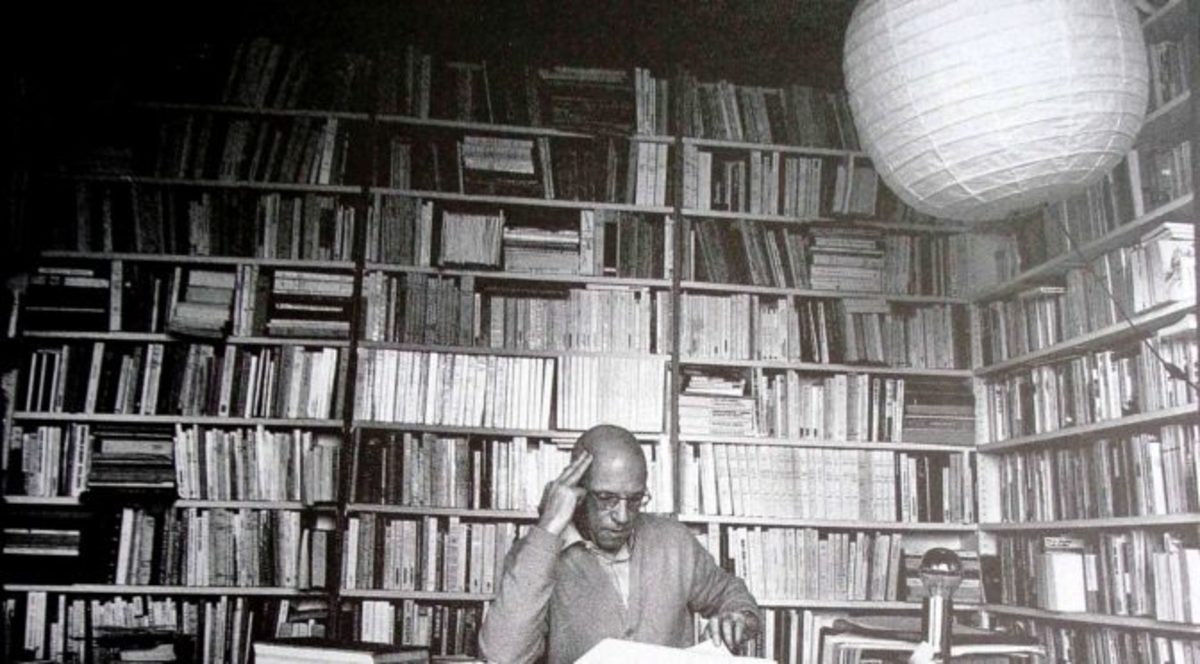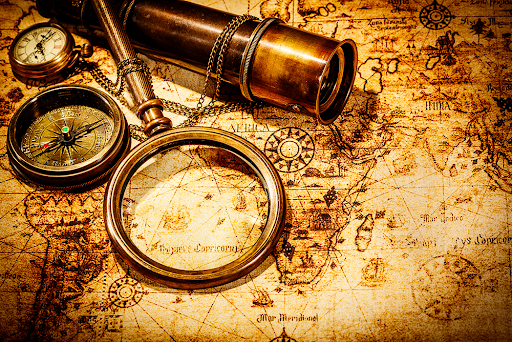In an era dominated by artificial intelligence (AI) and rapid technological advancement, one might question the relevance of historical knowledge. However, understanding our past is more crucial than ever. Historical knowledge equips us with the context needed to navigate the complexities of the present and the future. As we embrace AI, it’s essential to reflect on how history informs our understanding of technology, society, and human behavior.
The Importance of Historical Knowledge

- Understanding Context: Historical knowledge provides context for current events and societal changes. By examining the past, we can better understand the roots of contemporary issues, such as inequality, conflict, and technological disruption. For instance, studying the Industrial Revolution helps us grasp the socio-economic transformations that have shaped modern economies.
- Learning from Mistakes: History is rich with lessons learned from both successes and failures. By analyzing past events, we can identify patterns and avoid repeating mistakes. For example, understanding the consequences of unchecked technological advancement in the past can inform our approach to AI ethics and regulation.
- Enhancing Critical Thinking: Engaging with historical narratives encourages critical thinking and analytical skills. Students learn to evaluate sources, consider multiple perspectives, and draw connections between events. These skills are invaluable in a world where misinformation can spread rapidly, especially in the context of AI-generated content.
- Cultural Awareness: Historical knowledge fosters cultural awareness and empathy. By studying diverse histories, we gain insights into different cultures, values, and experiences. This understanding is essential for promoting inclusivity and collaboration in an increasingly interconnected world.
Historical Knowledge and AI: A Symbiotic Relationship
The intersection of historical knowledge and AI presents unique opportunities for growth and understanding. Here are some ways in which they complement each other:
- Informing AI Development: Historical case studies can guide the development of AI technologies. By examining past innovations and their societal impacts, developers can create more ethical and responsible AI systems. For instance, understanding historical biases in data can help mitigate discrimination in AI algorithms.
- Enhancing AI Literacy: As AI becomes more integrated into daily life, historical knowledge can enhance our understanding of its implications. By studying the history of technology, individuals can develop a more nuanced perspective on AI’s potential benefits and risks.
- Preserving Cultural Heritage: AI technologies can be employed to preserve and analyze historical artifacts and documents. Machine learning algorithms can help historians uncover patterns and insights from vast amounts of historical data, enriching our understanding of the past.
Challenges in Valuing Historical Knowledge
Despite its importance, there are challenges to valuing historical knowledge in the age of AI:
- Information Overload: The digital age has led to an overwhelming amount of information. Distinguishing between credible historical sources and misinformation can be daunting. Educators and learners must develop skills to critically evaluate sources and discern fact from fiction.
- Neglecting Humanities: In a technology-driven society, there is a tendency to prioritize STEM (science, technology, engineering, and mathematics) fields over the humanities. This can lead to a diminished focus on historical knowledge in education. Advocating for a balanced curriculum that includes history is essential for fostering well-rounded individuals.
- Rapid Technological Change: The pace of technological change can overshadow historical perspectives. As new technologies emerge, it’s vital to maintain a historical lens to understand their implications fully. This requires ongoing dialogue between historians and technologists.
Conclusion: The Enduring Value of Historical Knowledge
As we navigate the complexities of the AI age, the significance of historical knowledge remains undeniable. It provides the context, critical thinking skills, and cultural awareness needed to make informed decisions in a rapidly changing world.
By valuing historical knowledge, we can harness the lessons of the past to shape a more ethical and equitable future. Let us embrace the wisdom of history as we forge ahead into the unknown, ensuring that we learn from our past to build a better tomorrow. In the age of AI, history is not just a record of what has been; it is a guide for what can be.
Read Also About: Smart Living is all about using technology to enhance everyday life, making our homes, workspaces, and daily routines more efficient, comfortable, and connected.



